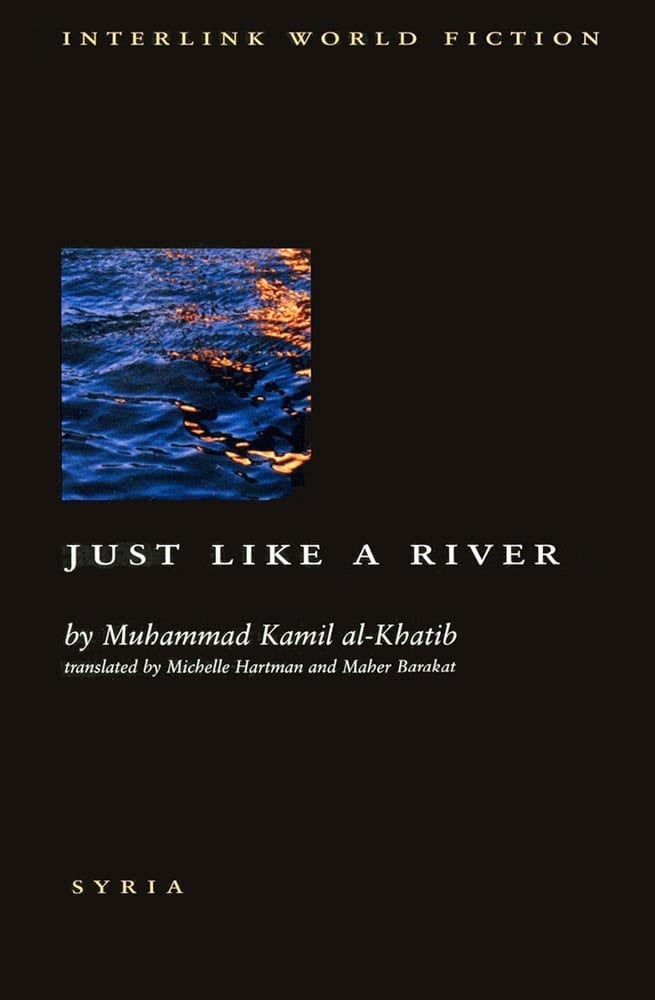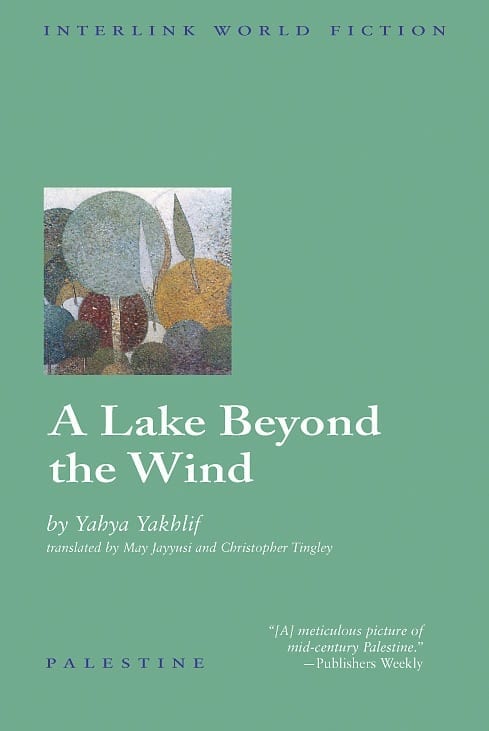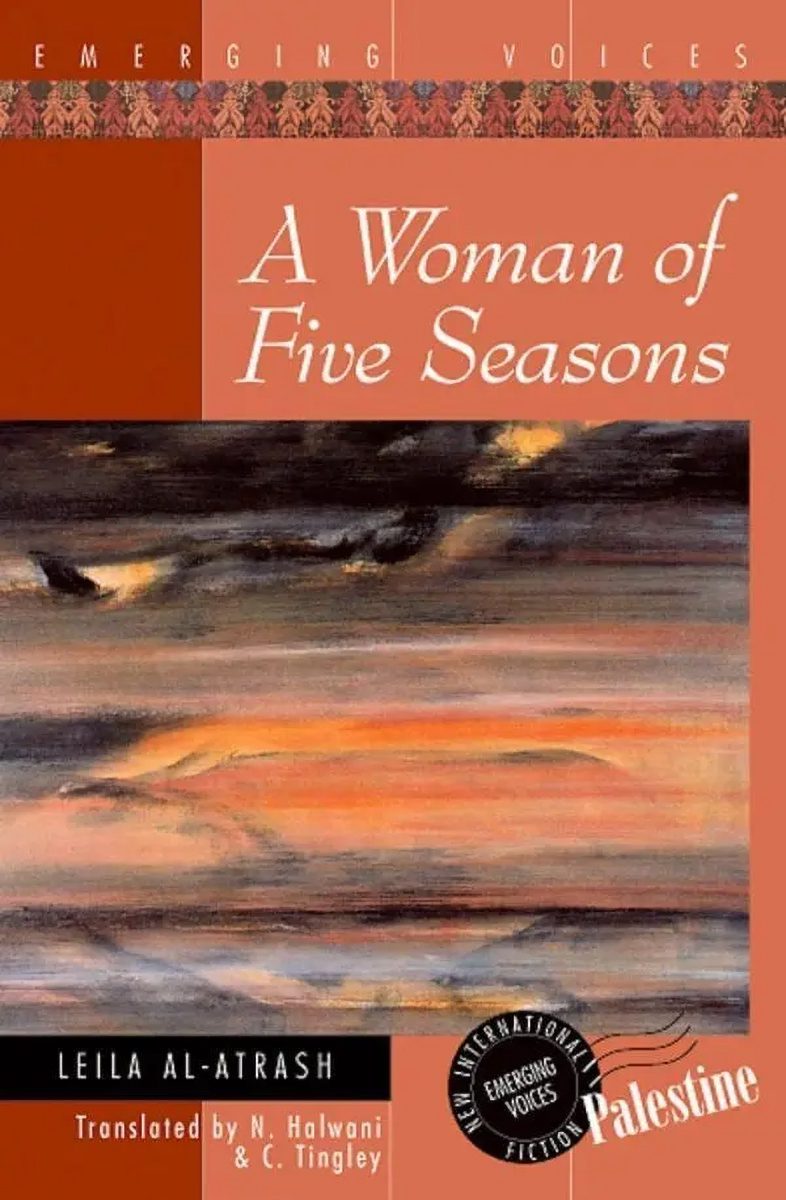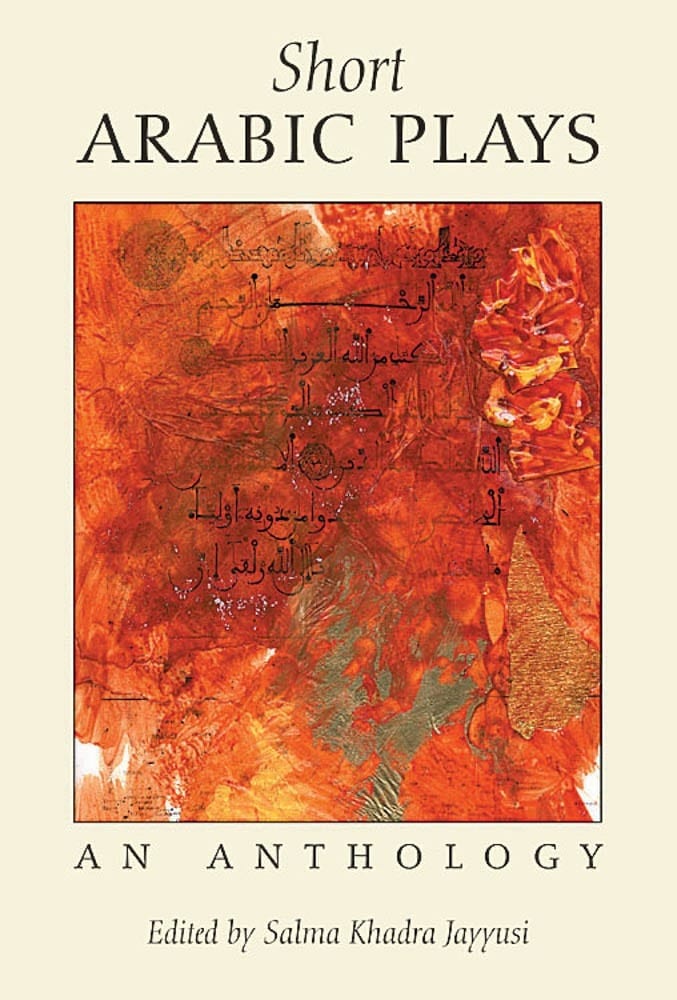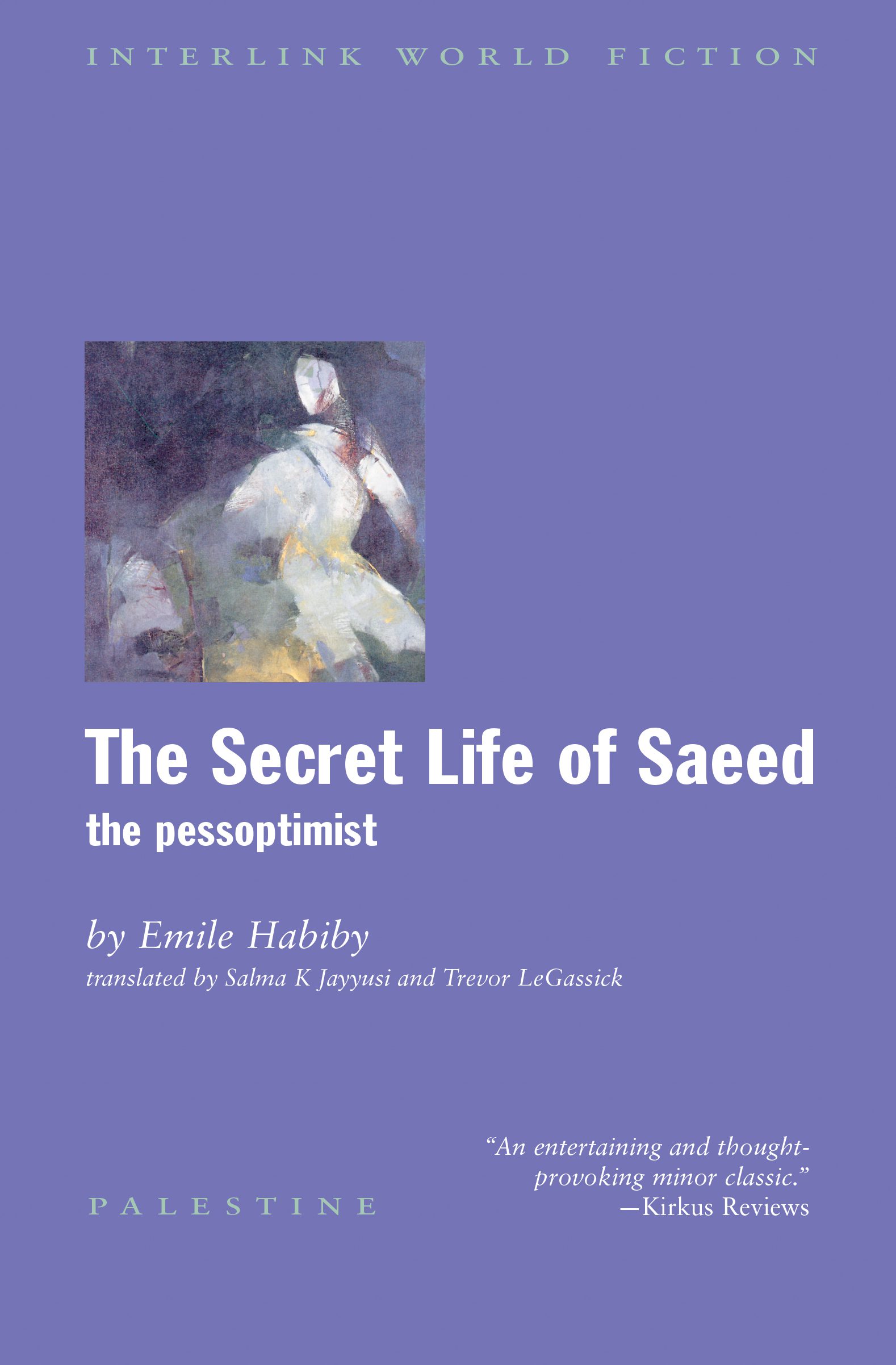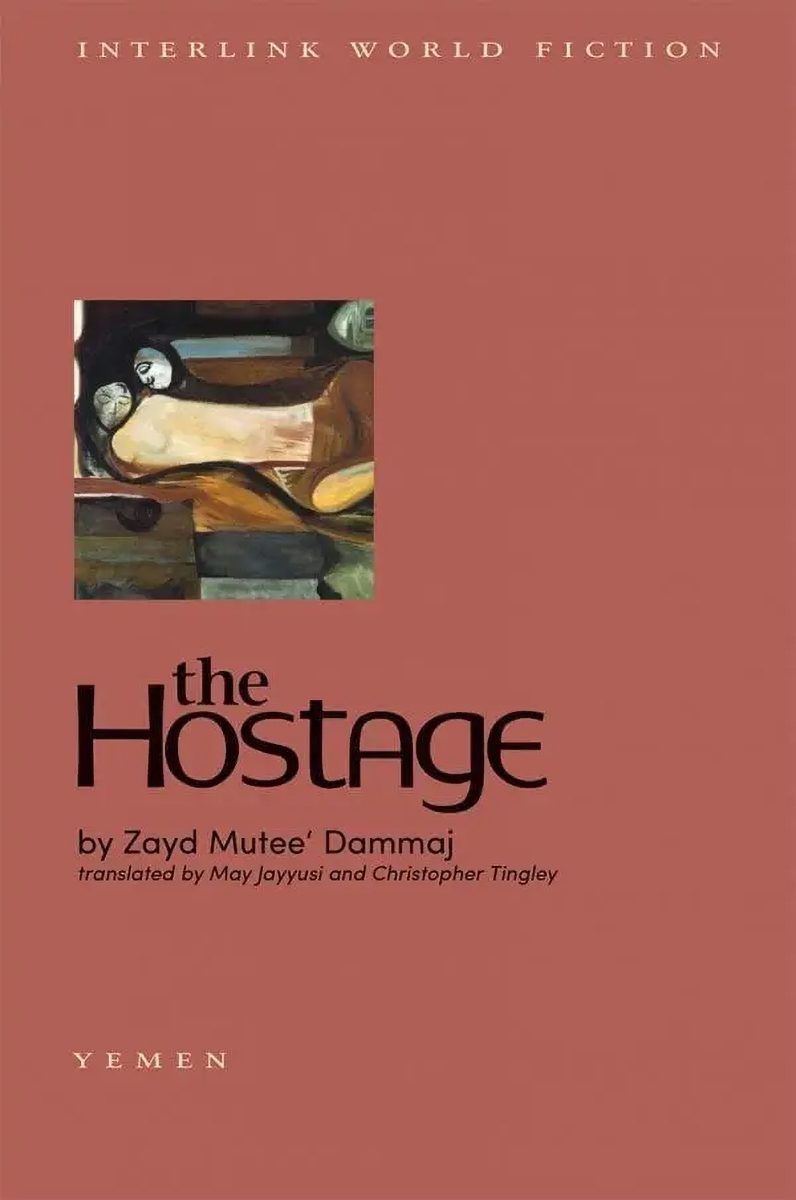Book Size: 5.25" x 8"
Pages: 160
Format: Paperback
ISBN: 9781623718824
Imprint: Interlink Books
Edition: 1
Translator: Roger Allen
Release date: Fall 2020
Category: LiteratureEndings
$ 15“One of the most important novelists writing in Arabic…” —The Guardian
About this book
"Drought. Drought again! When drought seasons come, things begin to change. Life and objects change. Humans change too, and no more so than in their moods!"
It is not long before the reader of Endings discovers that this drought is not just an occasional but an enduring condition faced by a community on the edge of the desert, the village of al-Tiba. Nowhere do we discover exactly where this village is on the map of the Arab world and al-Tiba thus becomes a symbol for all villages facing nature unaided by modern technology. We hear of Abu Zaku, the village carpenter; of the Mukhtar; and above all of 'Assaf and his dog; and of the creatures that share the life of the community. But it is the people of al-Tiba as a group who discuss and argue about their past, present, and future, and the forces of change. The portrayal of the desert environment and its customs is as vivid as the hunting of animals and the sandstorm that led to 'Assaf's death. A series of stories accompanies the wake that follows -stories that borrow from the pre-Islamic tradition of expressing a particular vision through descriptions of animals.
Endings is striking not only for its setting and style of narrative, but for being a vivid commentary on the emergence of the modern city and its urban middle class.
About the author
Abdel al-Rahman Munif wrote fifteen novels, including the monumental quintet Cities of Salt, and won numerous distinguished Arab awards. He died in 2004.
Roger Allen is Professor of Arabic Language and Comparative Literature at the University of Pennsylvania. He is the author and editor of numerous books relating to Arabic literature and the translator of Nobel Prize-winning author Naguib Mahfouz’s God’s World, Al-Summan Wa-Al-Kharif and Al-Maraya, among other works.
Reviews
“A struggling community battles the elements in this unpredictable novel. Finding a balance between the conscious use of narrative archetypes and a more experimental structure can be difficult for most novelists. In his terse and often harrowing novel, the late Saudi Arabian writer Munif finds a surprising way to keep the two in sync. In the beginning, the novel focuses on the rural village of al-Tiba. ‘Al-Tiba also had its share of weddings, joys and sorrows too,’ Munif writes. ‘More often than not, the weddings came after the harvest. When there was no rain and the ground became parched, the sad times came.’ Munif starts by focusing on the life of the community as a whole, as al-Tiba contends with a drought that threatens the lives of all its residents. An outspoken man named ‘Assaf emerges as the center of the narrative, urging a risky venture to go into the desert in search of food. The man-versus-nature setup feels timeless, but the presence of Jeeps begins to root the story to a particular time. The trip into the desert ends with a surprising fate for one of the men involved, and before long, the narrative itself has taken another turn. In the wake of death, the survivors gather and begin telling stories, which fill the rest of the book. It’s an abrupt shift, but it’s also one that links up with a motif about storytelling and traditions that runs throughout the book. Here, what had been a fairly straightforward narrative transforms and takes on new gradations; the result is unpredictable but also deeply compelling. A risk-taking novel that offers a comprehensive portrait of a community.” —Kirkus Reviews
“One of the most important novelists writing in Arabic…” —The Guardian
“[An] English translation of famed Saudi writer ‘Abd al-Rahman Munif’s original 1977 work in Arabic, this masterful novel is set in al-Tiba, an ambiguous village on the edge of modernity but mired in nostalgia.” —AramcoWorld


